

News in 2024
|
By Kabir, M. M (FIG-ARN), Stephen Djaba (LiSAG), Hans Ni (Beijing iSpatial)
As the 9th High-Level meeting of the Forum of China-Africa Cooperation (FOCAC) between the President of China and heads of African States and governments was going on from 4-6 September 2026 in Beijing, China, another important chapter for cooperation between China and Africa was being opened in geospatial industry, that is the China-Africa Geospatial Information Cooperation in the low altitude economy.
The Initiative was driven by Kabir, M. M, the Chairperson of FIG-Africa Regional Network (FIG-ARN); Hans Ni, the Secretary-General of Working Committee on International Exchange and Cooperation, China Association of Geospatial Industry and Sciences; and Stephen Djaba Vice- President of the Licensed Surveyors Association of Ghana (LiSAG).
Low-altitude economy refers to an emerging economic sector that leverages various low-altitude flight activities from manned and unmanned vehicles below 3,000 meters in airspace. The industrial chain of the low-altitude economy includes upstream manufacturing, midstream operations, and downstream applications. Low altitude economy is gaining momentum especially in areas of surveying and mapping, agriculture, tourism, logistics, environmental management, and emergency response. It promises to become the new pathway to achieving sustainable development at community, regional, and global levels.
Recognizing these developments and the endless opportunities in the sector, the Chinese government has integrated low-altitude economy as a national priority in governance and institutional work report. Year 2024 has therefore been named the first year of the low-altitude economy by the China industrial sector
From 1 - 8 September 2024 as a follow up to 1st China-Africa Geospatial Information Conference, Hans Ni, who is also the CEO of Beijing iSpatial Co., Ltd, FIG corporate member, invited the Kabir, M.M, and Stephen Djaba among other international key stakeholders to participate in several geospatial information cooperation summits and workshops on low-altitude economy. Highlights of the main activities included
From 1 to 3 September 2024, the FIG-African team attended a UAV Trade Fair at the Yiwu International Expo Center, Yiwu, central Zhejiang Province. The Fair was organized by the Remote Sensing Branch of the China Association of Remote Sensing Application. Central to the Fair was the "1+5+N" model that focuses on the management, production, learning, research, business, and use of UAVs in five thematic areas principally the digital economy, international trade, emergency rescue and safety development, aerostat technology, and low-altitude logistics.
The session on International Geospatial Cooperation Forum (IGCF) was anchored by Hans Ni. The forum explored areas of cooperation in Low Altitude Economy and Management of Smart City; Africa-China Geospatial Industry Cooperation and Barter Platform; South-South Cooperation in Remote Sensing Research and Education, and ways of fostering international collaboration in digital economy for a shared future. The Forum attracted more than 40 scholars, entrepreneurs and business representatives from 30 countries, including China, Germany, France, Spain, India, Colombia, Nigeria, Ghana and Egypt.
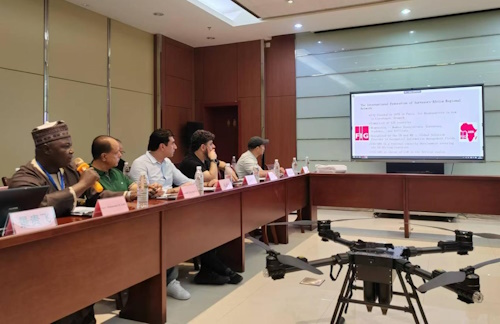
Figure 1: Kabir, M.M gave a keynote address and introduced the FIG and the Africa Regional Network
The delegates were inspired by the rapid transformation of Yiwu. The city leapfrogged from a small town to an international trading city and key to the Belt and Road Initiative by adopting innovation and geospatial industry. In the first half of the year 2024 alone, the total import and export value of Yiwu reached 324.77 billion yuan or around 45 billion USD, involving 2.1 million kinds of commodities.
The China-Africa Geospatial Information Cooperation seminar took place from 4-5 September 2024 at Deqing Geospatial Information Town. The session was hosted by Deqing Association for Geospatial Professionals and it centered on fostering cooperation between China and African countries in areas of capacity development, establishment of protocols for VR stimulated trainings, exchange program, internship, and opening of liaison offices at the World Geospatial Information Home (WGIH) in Deqing in order to strengthen collaboration and sharing of geospatial knowledge and industry between China and Africa
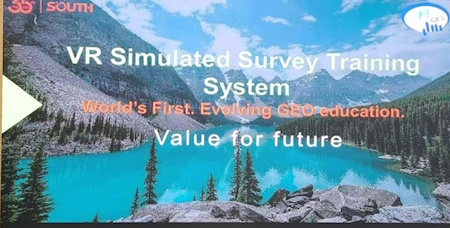
Figure 2: Session delivered by South Inc. on Evolving GEO education Through Virtual Reality Simulated System
The seminar was attended by more than 80 professional participants across the globe. Kabir, M. M and Stephen Djaba delivered keynote speeches about current situations and developments of geospatial information in Nigeria and Ghana respectively.
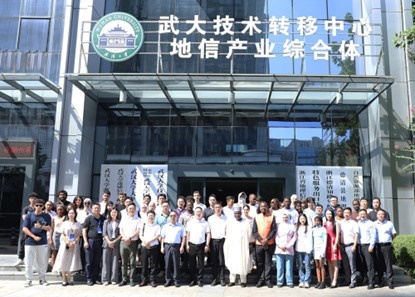
Figure 3: A Group Photograph of a Section of Participants at the CAGIC Seminar
The CAGIC seminar was concluded by signing of Memoranda of Understanding on promoting cooperation in the relevant geospatial information fields between China and Africa by Hans Ni, Kabir, M. M, and Stephen.
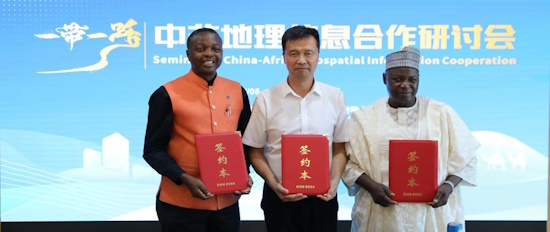
Figure 4: L-R Stephen, Hans, and Kabir exchanging the Protocols of CAGIC
Strategic to laying a solid foundation for the implementation of the CAGIC, Hans Ni organized several interfaces and working visits to some relevant geospatial industries and centers in various regions of China by the African team. These included
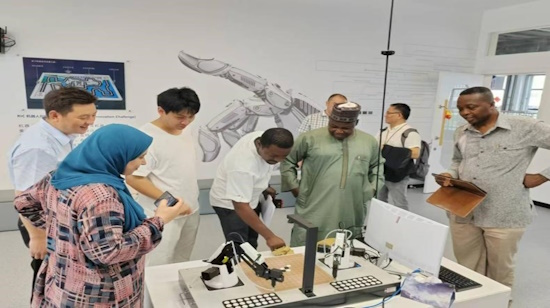
Figure 5: A Photos During One of the Working Visits
Deqing hosted the first UN World Geospatial Information Congress in 2018 and is where the UN-GGKIC is located. At the museum the team were apprised on the historical developments of GIS in China and the current status and future global trends
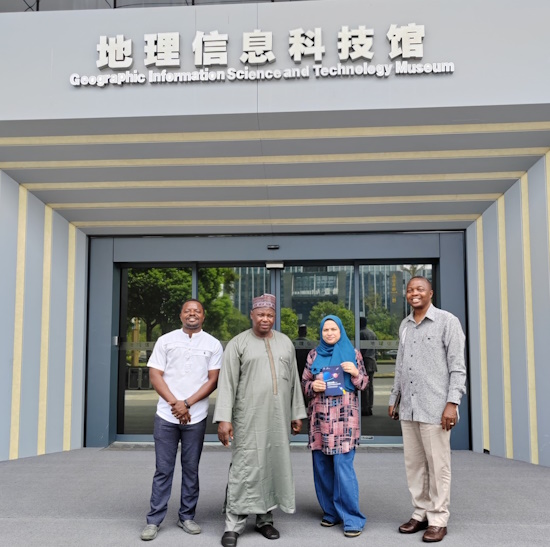
Figure 6: Geographic Information Science and Technology Museum, Deqing, China
The team also conducted a working visit to the Jiande Women’s Federation with the view of gaining new perspectives from China’s Reforms that promoted the rights, equality, visibility, and roles of women in societal development without forgetting the old family values. The visit provided the team new insights and opened areas of possible cooperation between African Women Land Professional Associations and the All-China Women’s Federation.
Figures 7&8 Photos of a Meeting Session with Representatives of Jiande Women's Federation, China
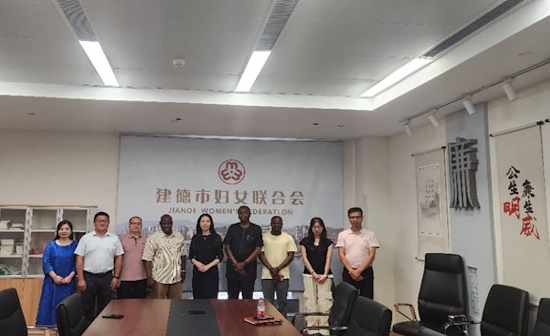
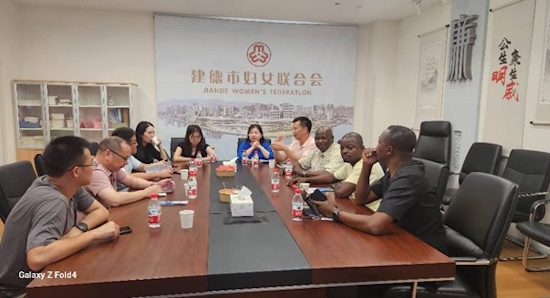
Mr. Kabir, M. M was granted a special visitor status to the International Research Center of Big Data for Sustainable Development Goals (CBAS) where he discussed the challenges and prospects of implementation of SDGs in Africa. New areas of collaboration in capacity building and information sharing between African professionals and the CBAS were outlined and discussed. Kabir, M.M accompanied by Surv. Adamu Bala, YSN and PhD student in China, also visited other centers and organizations within the CBAS premises. Fruitful discussions were held in areas of collaboration on capacity building, e-learning, summer school, and supporting geospatial industry start-ups in Africa. The centers included
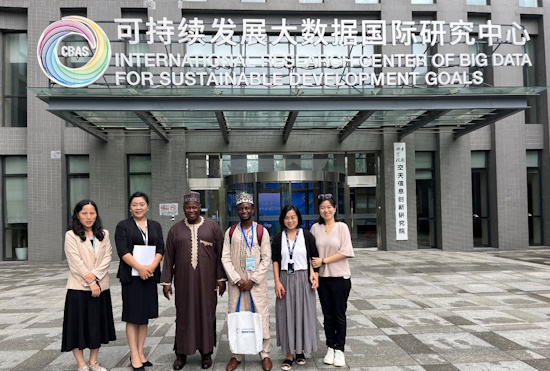
Figure 9: Special Working Visit Organized for Kabir, M.M to the International Research Center of Big Data for Sustainable Development Goals (CBAS) and Other Agencies in Beijing.
Mr. Kabir, M. M
September 2024